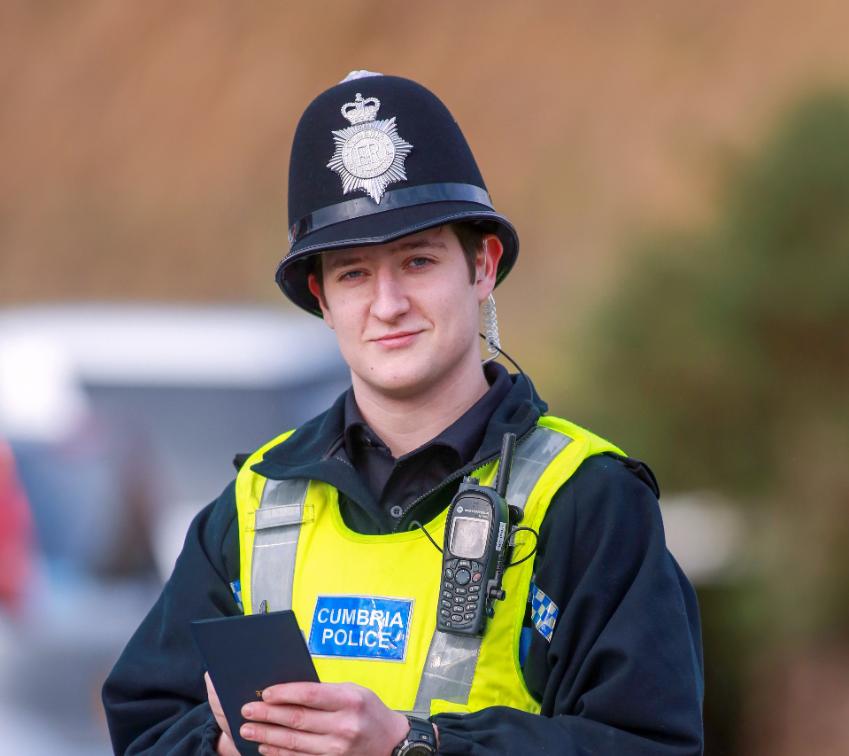BSc (Hons) - Police Constable Degree Apprenticeship (PCDA)
This 3 year apprenticeship course runs alongside your training as a full time police constable. A nationally recognised programme which is overseen by the College of Policing and a key requirement for all new recruit police officers to achieve a policing degree which results in confirmation in the position of Police Constable.
A blended learning approach with practical application in the form of on the job training matched to theory and learning through the university provision.

Course Overview
Your role is primarily as a new operational police officer on an apprenticeship programme undertaking initial recruit training.
Study time is provided to enable you to complete modules through workbook material and assessments leading to the degree qualification. The curriculum is professionally transformative, covering a breadth, depth and range of topics for the Police Constable in the 21st century.
On the job practical experiences complimented by theory seek to enhance knowledge and understanding in a range of disciplines and subject areas across policing.
Continuous professional development sit at the heart of this apprenticeship programme. Building on the initial recruit training students broaden their operational experiences through exposure to a range of operational police incidents.
Theory elements support the need for critical thinking, decision making, understanding conflict and communication skills together with law, procedure and evidenced based concepts.
On this course you will...
- The degree qualification is a requirement for confirmation in the post of Police Constable.
- The qualification is mapped against a series of approved competencies overseen by a professional body 'The College of Policing'.
- Continuous professional development of key skills including communication, confidence and decision making.
- Enhancement of critical thinking, problem solving, team working and leadership.
- Compliment your operational policing with development of writing skills to ensure quality of reports and case files.
- Improved performance and progression within the wider policing profession, supporting advancement along appropriate career pathways i.e. promotion/specialisation.
Find out more about studying with us
Attend an Open Day at Cumbria
An Open Day is your opportunity to explore one of 5 campuses, meet your lecturers, and find out how the University of Cumbria could become your new home.




